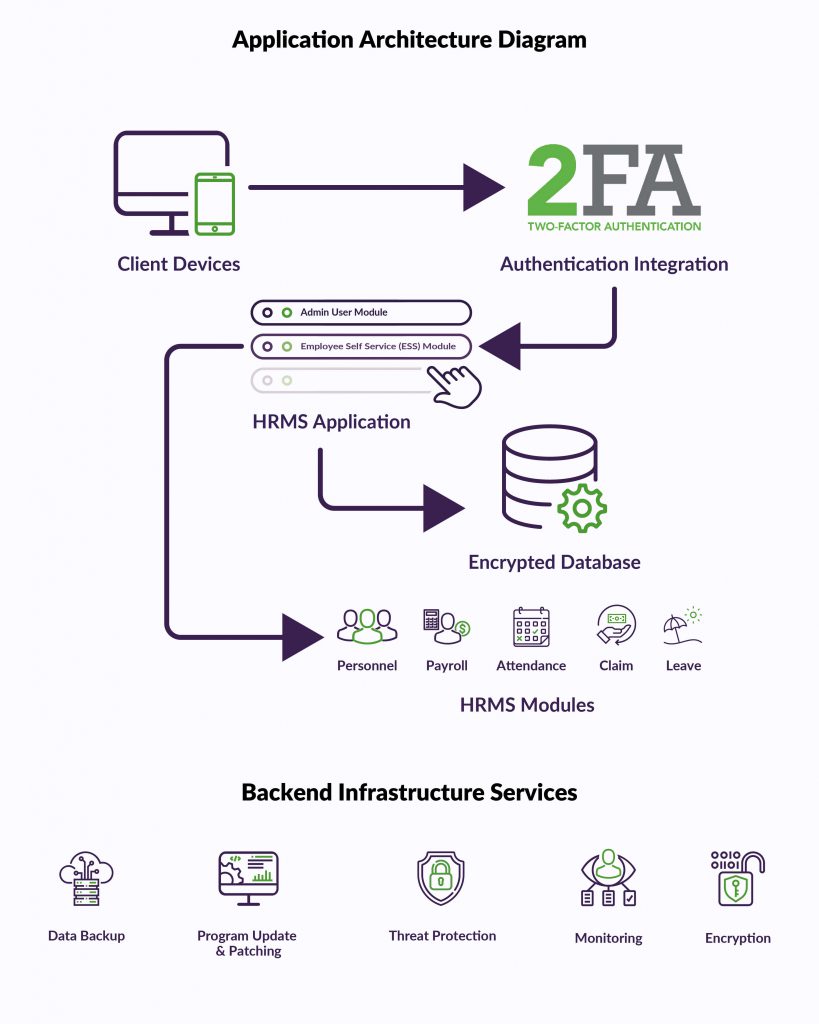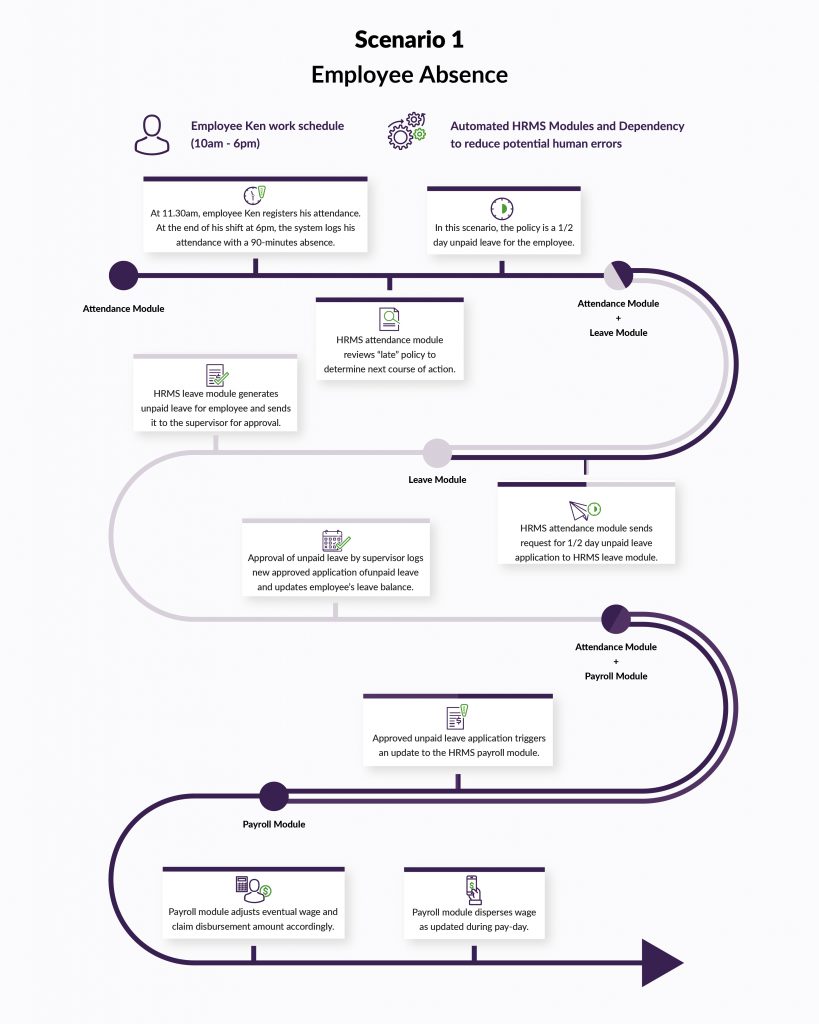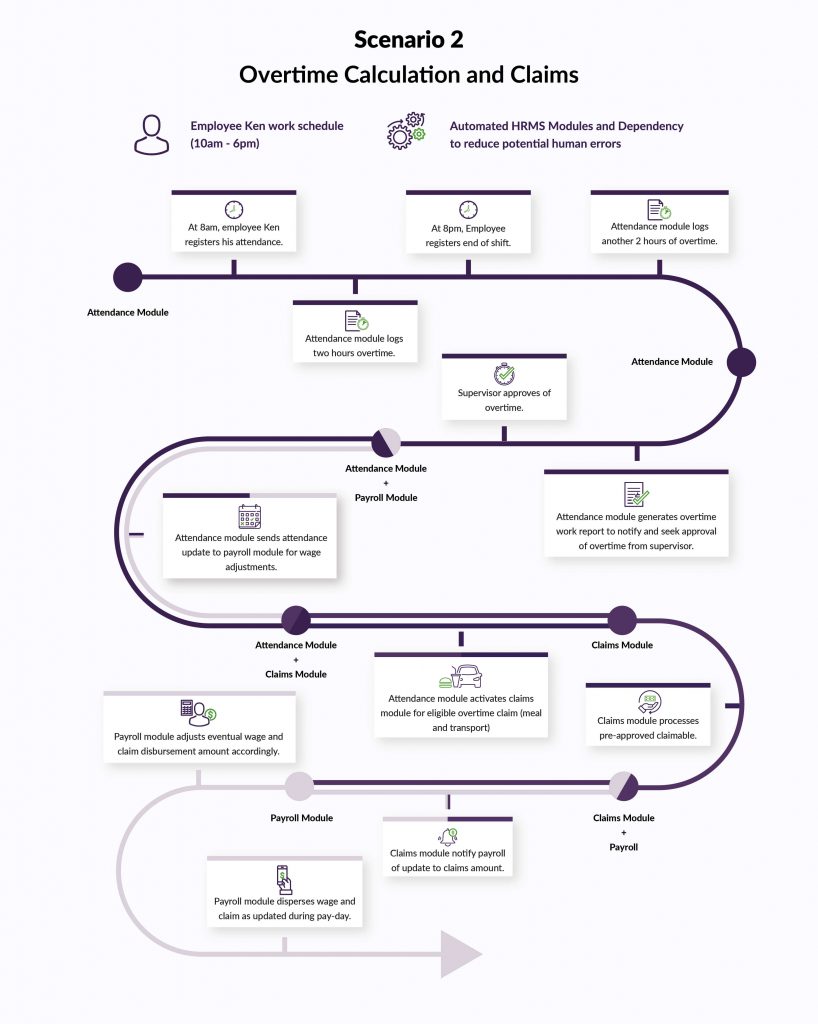Why your Business Needs a Payroll Health Check
Just like human beings, businesses require regular check-ups on their processes and systems to ensure that any potential risks are promptly dealt with before any issues escalate. One such system prone to going unchecked is payroll. A regular payroll health check helps to identify and prevent the possible risks that can be resolved before they become a serious problem.
Payroll is the backbone to most companies: essential yet unnoticed, often overshadowed by revenue-generating operational and business units. Generally, low efficiency of payroll can divert precious resources in a business. This can result in the Human Resources (“HR”) department appearing as a cost centre when in reality, an efficient HR team can value add much more to a company’s growth.
We’ll explore how payroll inefficiency can cost businesses and why a health check of current systems can assist in more efficient business planning.
Effects of Payroll Inefficiency
As a business, payroll processes are often determined and then untouched for years, the mindset of “if it isn’t broke, don’t fix it” can be prevalent. In addition to this, many companies use legacy payroll systems that don’t offer the wealth of benefits technology has enabled in this space. However, as companies continue to grow and mature, what works for a small business is not necessarily suitable for larger organisations, or for those who are expanding overseas.
Some pain points of payroll that might surface as a company grows are:
- Resource Strain – Time and talent are wasted on tedious administrative tasks instead of business generating activities such as talent management, employee engagement and strategic planning. As the business grows, the resulting increase in administrative tasks can lead to a greater burden on the HR team.
- Compliance Risks Leading to Potential Penalties – Constantly evolving and vast differences in rules between countries can result in the difficulty of complying with legal requirements. For example; in multi-state countries like China, there are distinct sets of laws governing wage, employee tax and insurance that are specific to the respective province. HR teams need to have an in-depth awareness of the various regulation differences per state and stay up to date with the changes. This can cause an increase in workload and open your company up to risk for non-compliance.
- Inconsistency of Reporting – Different countries might use diverse templates which could lead to unnecessary frustrations when analysing data across various offices.
A prompt & regular payroll health check could uncover if your current practices are costing your business valuable time and resources.
Benefits of a Payroll Health check
A payroll health check is an assessment that should ideally be conducted by independent payroll experts to identify key risks and potential problems in a company’s payroll practices.
A professionally executed payroll health check can help to:
- Garner an independent assessment on how your payroll can be better managed
- Analyse what your business’s payroll is costing your company
- Identify a high-level payroll process flow
- Ascertain the payroll issues exposing your business to risk
- Tailor payroll solutions to your specific needs
- Address your concerns about payroll
Like any other health check-ups, delaying them will make the recovery process longer and more painful than necessary. Catch any risks early and engage a payroll health check right now!
BoardRoom is currently running a 100% FREE health check to help you maximise the efficiency of your payroll, sign up here now for this exclusive offer before it expires!
BoardRoom offers payroll services to businesses in Singapore in beyond to ensure your processes are optimally set up.










